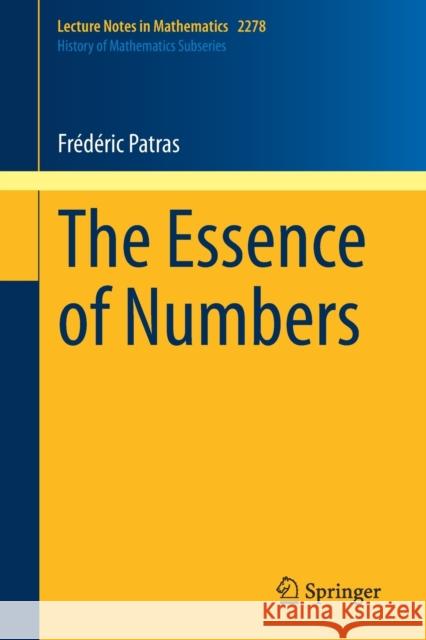The Essence of Numbers » książka
topmenu
The Essence of Numbers
ISBN-13: 9783030566999 / Angielski / Miękka / 2020 / 176 str.
Kategorie:
Kategorie BISAC:
Wydawca:
Springer
Język:
Angielski
ISBN-13:
9783030566999
Rok wydania:
2020
Wydanie:
2020
Ilość stron:
176
Waga:
0.27 kg
Wymiary:
23.39 x 15.6 x 1.02
Oprawa:
Miękka
Wolumenów:
01
Dodatkowe informacje:
Wydanie ilustrowane











